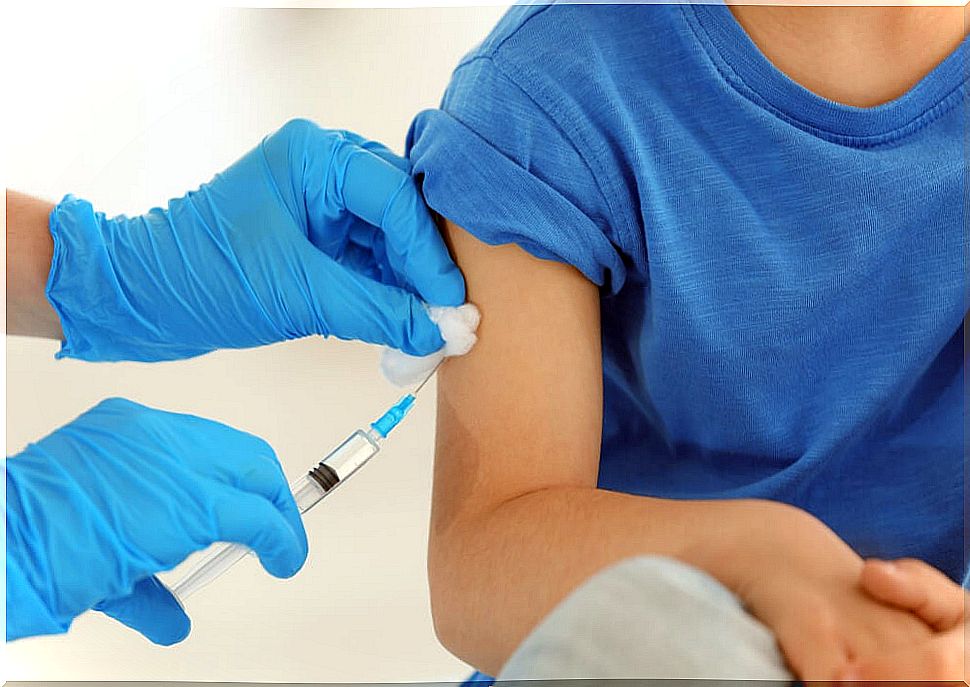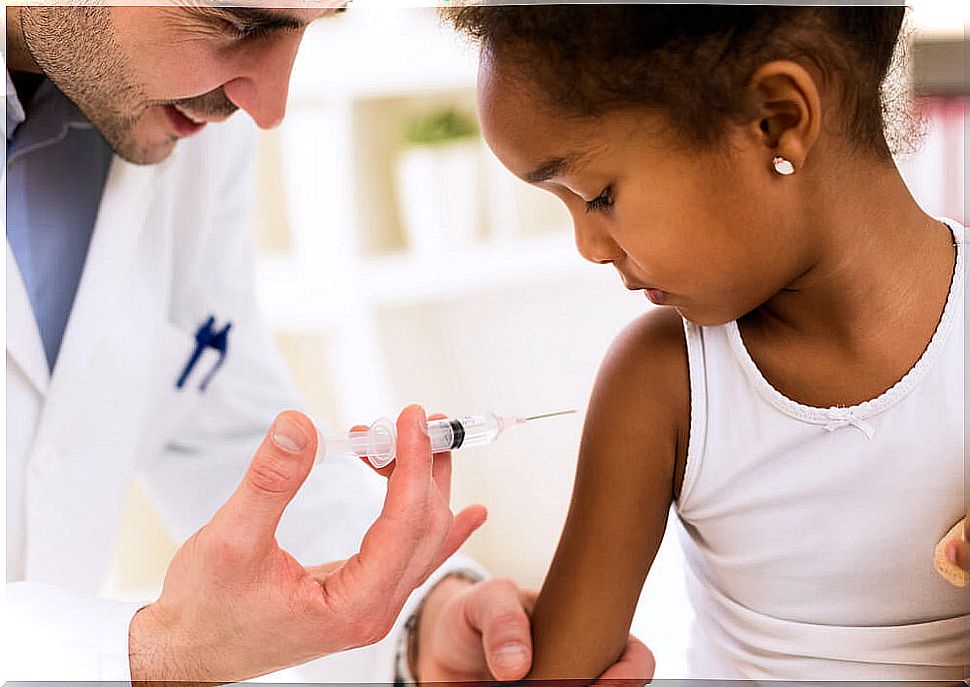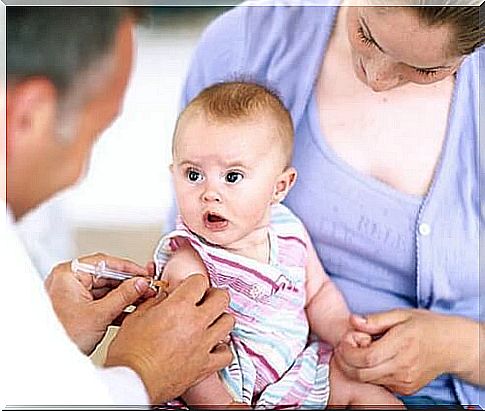Legal Aspects About Vaccines

Vaccines have been one of the great advances in medicine. They have changed the history of humanity by reducing and eradicating disease. Currently, they are one of the best tools to prevent and promote good health. It is one of the most effective instruments of public health policies.
However, there are controversies about the risks of vaccination and whether it is voluntary or mandatory. Currently, an active social debate has been generated about the convenience or not of vaccination.
Several legal concepts are involved in this debate, such as voluntary or compulsory nature, in view of the need to protect the fundamental right to health. Next, we will see some elements to better understand the legal aspects of vaccines.
Legal framework of vaccines: information
Within the legal framework of vaccines as a health benefit, one of the most important aspects is information. For this purpose, the vaccine prospectus has been created, which is a valid instrument so that patients, or their parents, in the case of minors, are informed before vaccination.

However, in practice, it is the medical professionals and nurses in health centers who inform patients or parents about the risks and benefits of vaccines. These teams have the obligation to guarantee adequate information, especially to parents who have doubts or feel some mistrust.
The goal is to achieve maximum vaccination coverage. To do this, professionals must provide parents with complete and easy-to-understand information about all the vaccines that their children can receive. This includes all authorized vaccines, financed or not by the SNS, and the recommended schedule for their application.
Parental consent
In the case of minors between 0 and 16 years of age, it is the parents who give their consent. Depending on their maturity, those over 12 years of age must also be informed. Between the ages of 16 and 18, minors must give their consent for vaccination, except in risky situations in which their parents or guardians do so in their presence.
Depending on parental authority, the two parents, or one of them, have the attribution of consent, even if they are separated. If both parents agree, there is no problem.
In the case of official vaccines, if only one of them attends the consultation, it is presumed that they do so in ‘good faith’, with the agreement of the other. The situation is different if the other parent has expressed their discrepancy, in which case the judge’s decision must be awaited.
In the case of vaccines that are not provided for in the official calendar, the vaccination falls into the legal category of ‘non-trivial medical treatment’. In this case, the consent of both parents will be necessary.
Should vaccinations be mandatory?
The issue of whether or not vaccines are mandatory can be considered an issue of individual rights versus collective rights. The legislation is different in each country and in some European countries certain vaccines are mandatory. In Spain, there is currently a consensus that is not favorable to the mandatory nature of vaccines. Therefore, vaccination is voluntary.

There are many ethical-legal aspects that must be considered and a very active debate has been generated around this matter. The success of vaccines and the elimination of serious infectious diseases that they have produced has changed the perception of risk that parents have.
Vaccination rates
Indeed, the diseases that previously plagued the child population seem very remote. For this reason, many parents do not consider the risk of not vaccinating their children and, on the contrary, fear the risks associated with vaccination.
This social controversy has been reflected in the legislation, in terms of voluntary or compulsory vaccination. The debate focuses on the need to protect fundamental rights, such as the right to health versus personal freedom.
In Spain, however, vaccination rates remain high compared to other countries such as France or Italy. In these two countries, the obligation had to be established due to an alarming decrease in vaccination.










